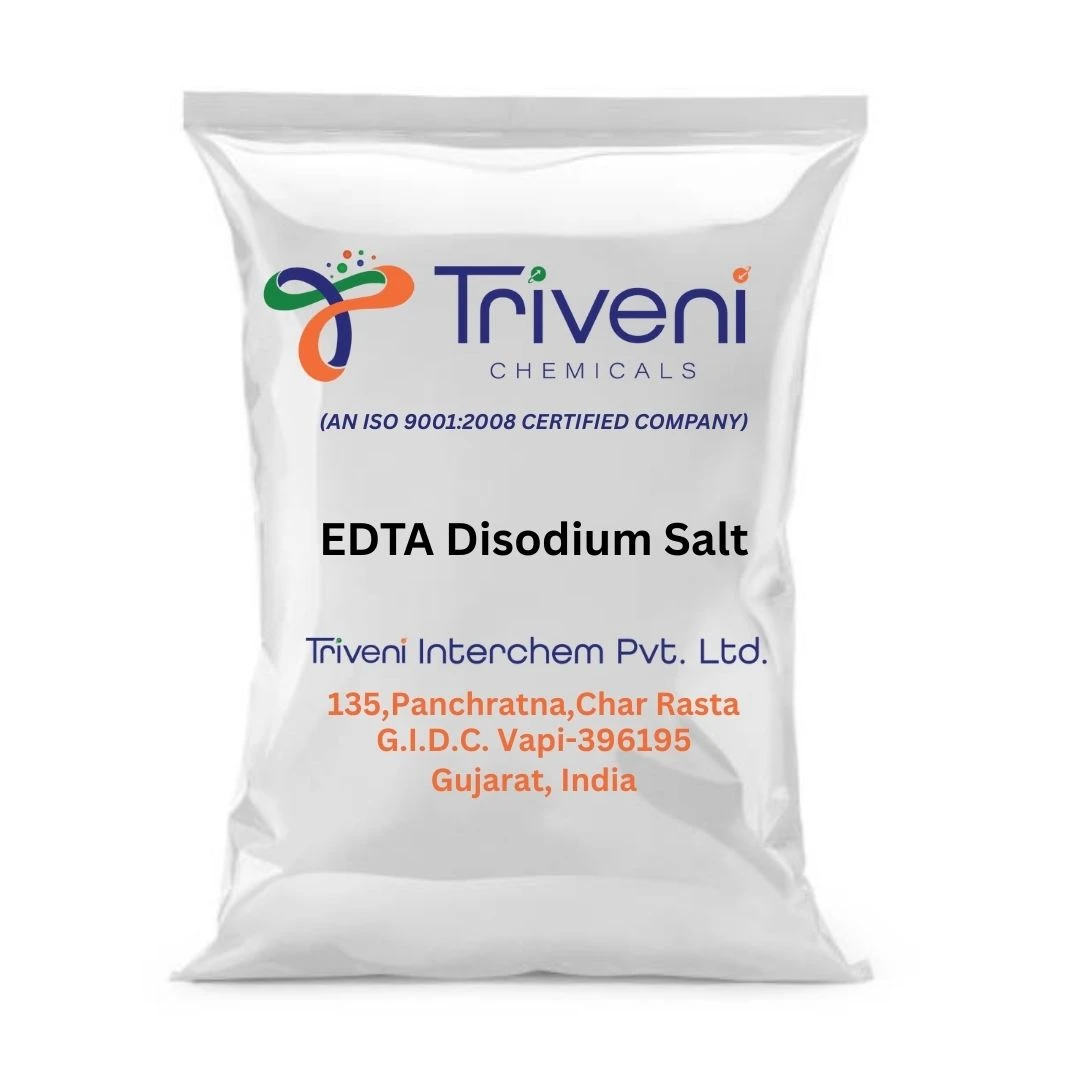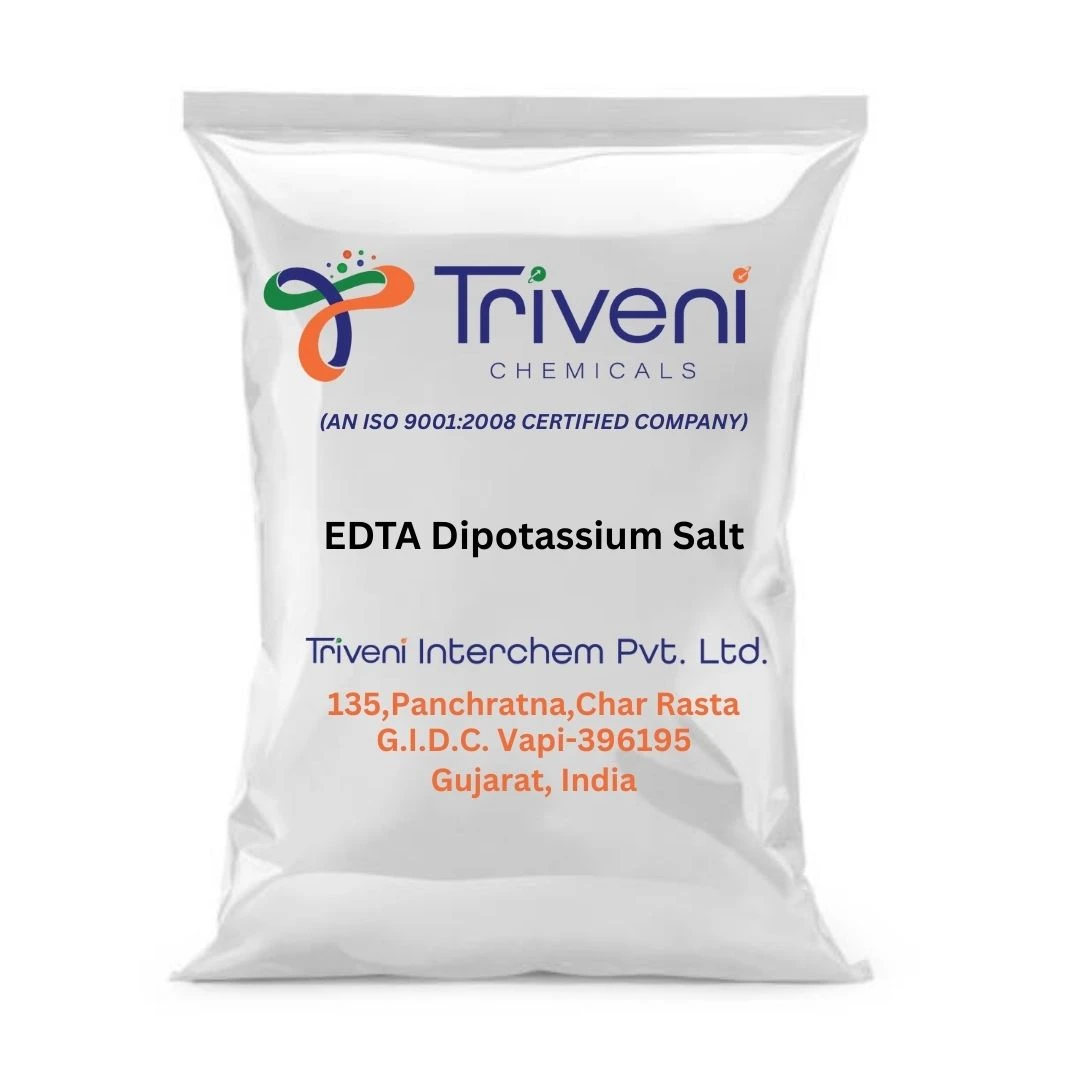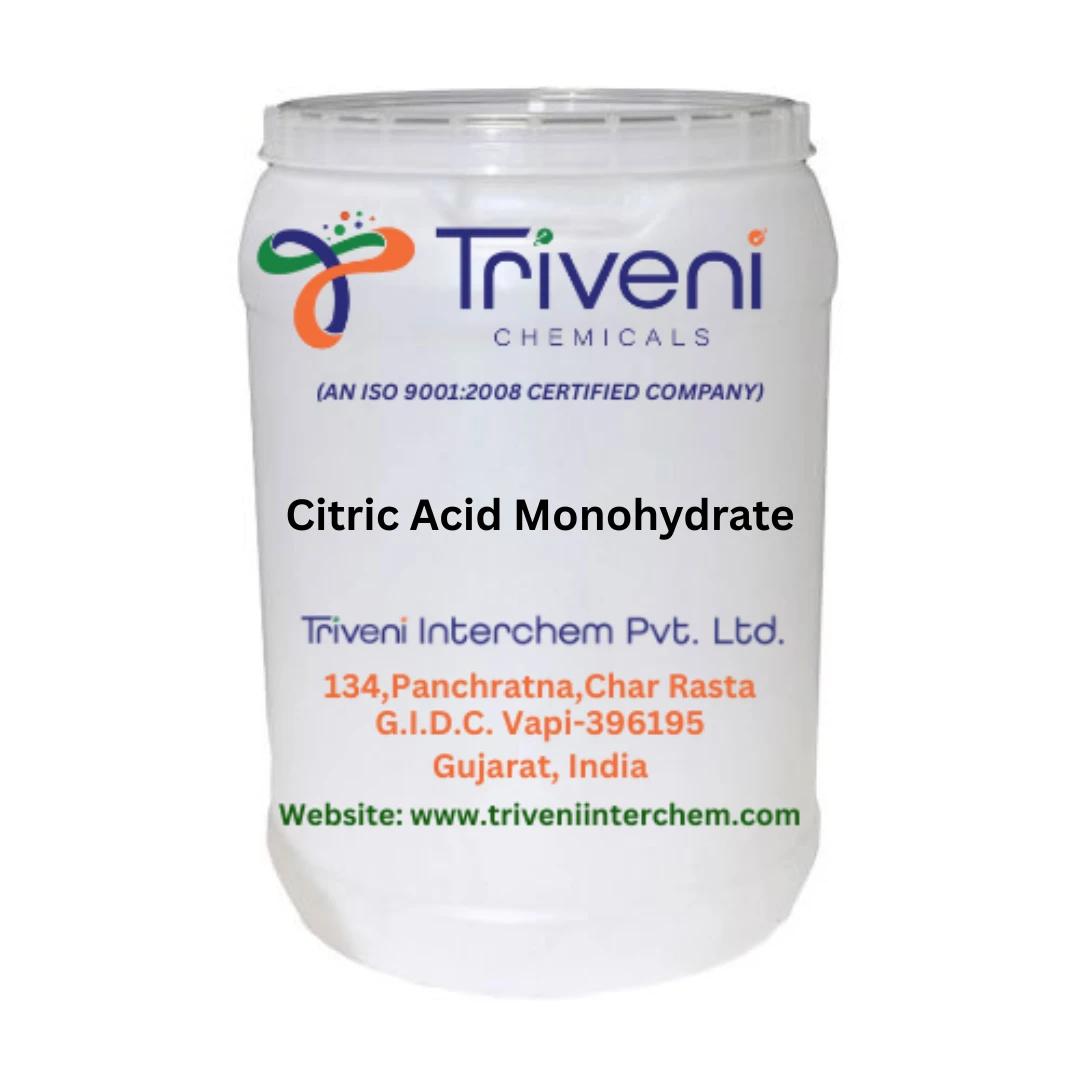Home Chemicals: Applications, Security, and Handling In our daily lives, household chemicals are necessary for everything from cleaning and disinfecting to home maintenance. It's essential to comprehend how to use, handle, and store them properly for maximum effectiveness and safety. Bleach: Frequently employed as a potent antiseptic, bleach effectively combats..
Home Chemicals: Applications, Security, and Handling In our daily lives, household chemicals are necessary for everything from cleaning and disinfecting to home maintenance. It's essential to comprehend how to use, handle, and store them properly for maximum effectiveness and safety. Bleach: Frequently employed as a potent antiseptic, bleach effectively combats germs, viruses, and fungi. It must be used carefully, though. Strong bleach can be irritating to skin and eyes, so always dilute as directed. Bleach should never be combined with ammonia or other cleaning supplies as this can release harmful odors. Ammonia: A common ingredient in glass and surface cleansers, ammonia works well in slicing through oil and filth. It must be utilized in locations with adequate ventilation, though. Mixing with bleach releases a toxic gas, which makes it very harmful. Vinegar: A multipurpose, all-natural cleaning that works well to eliminate odors from a variety of surfaces. Windows, mirrors, and several kitchen equipment benefit the most from it. However, because it can etch stone countertops, it should not be used there. Rubbing alcohol: This is a common ingredient in homemade cleaning solutions and is useful for sanitizing surfaces. Since it evaporates quickly, electronics and other goods where moisture is an issue can benefit greatly from its use. But be careful—it may catch fire easily, so keep it away from open flames. Strong chemicals called oven cleaners are used to dissolve stubborn oil and dirt. When using oven cleaning, always wear gloves and make sure there is enough airflow. Avoid skin contact and carefully follow directions. Laundry detergent: There are many kinds for different uses, including high-efficiency machines, speciality detergents for sensitive materials, and conventional laundry detergent. To prevent residue and problems with washing machines, always measure detergent in accordance with the directions. Safety Advice: Read Labels: Pay close attention to instructions and always read labels. Ventilation: To prevent fume inhalation, use chemicals in areas with good ventilation. Protective Gear: Put on masks, gloves, and goggles as needed. Storage: Keep chemicals out of children's and pets' reach and in their original, tightly sealed containers. Recyclable materials should be disposed of according to local regulations. Our homes may be kept safe and clean with the help of household chemicals. We may take advantage of their advantages and reduce hazards by being aware of their applications and using them carefully.





